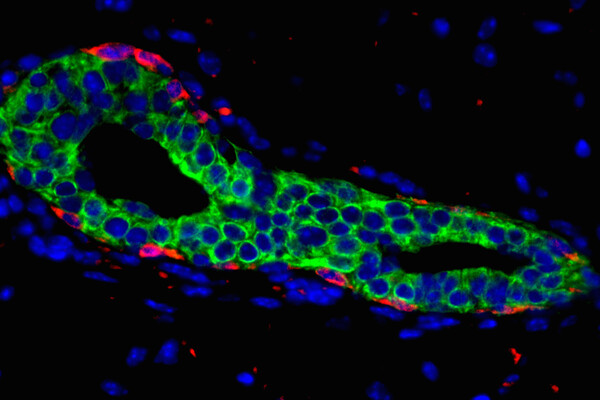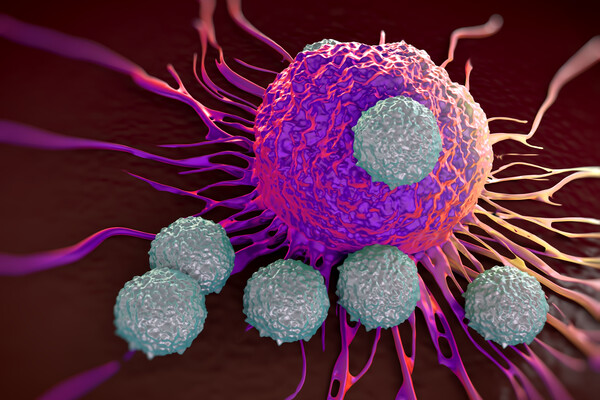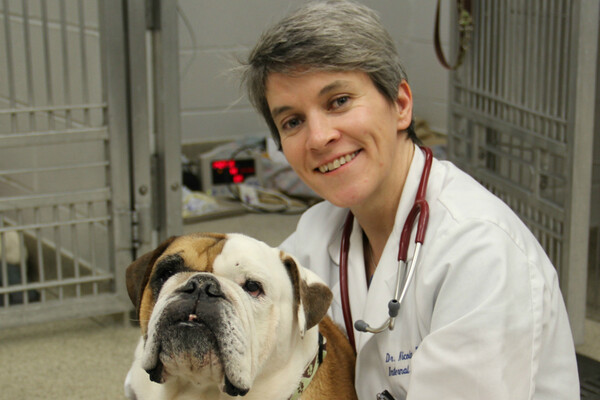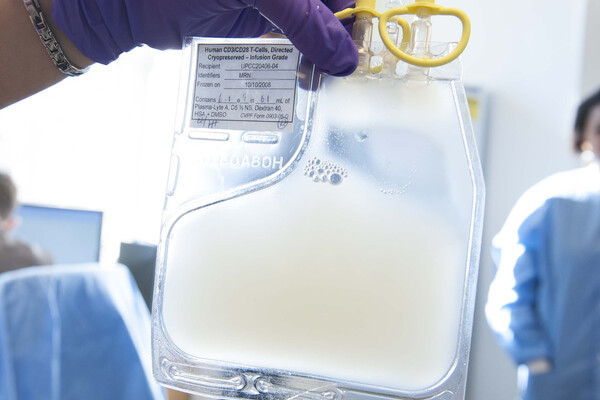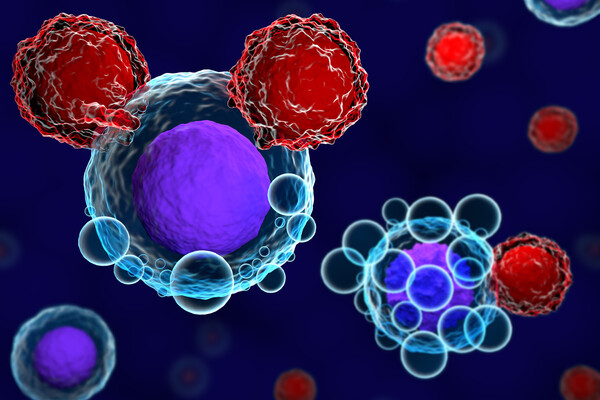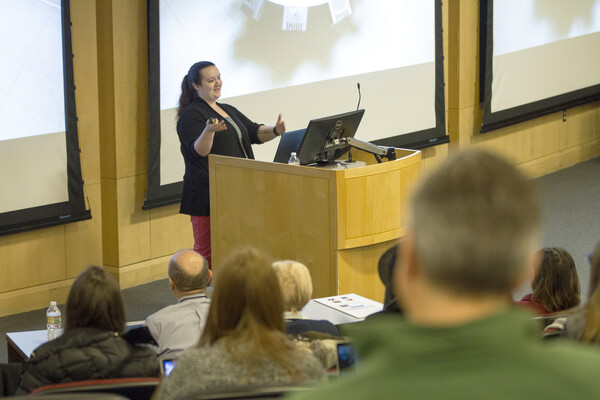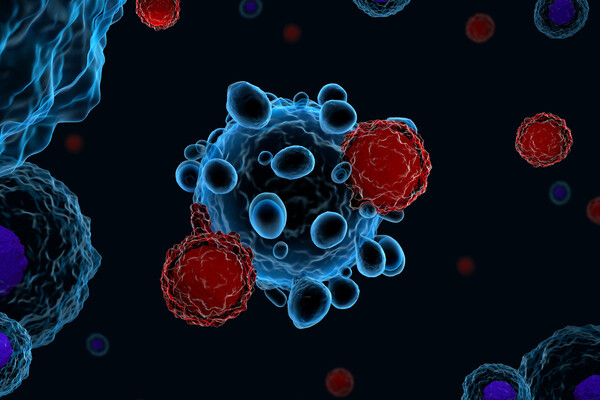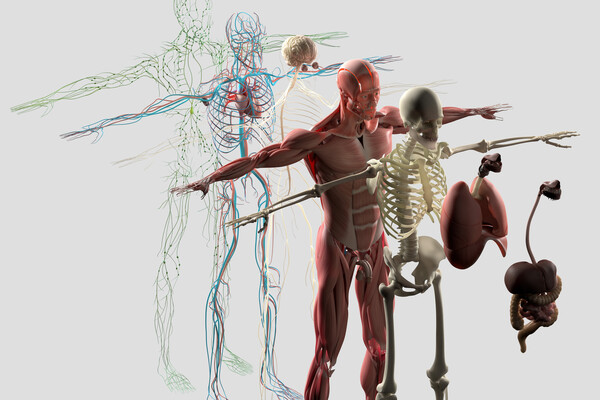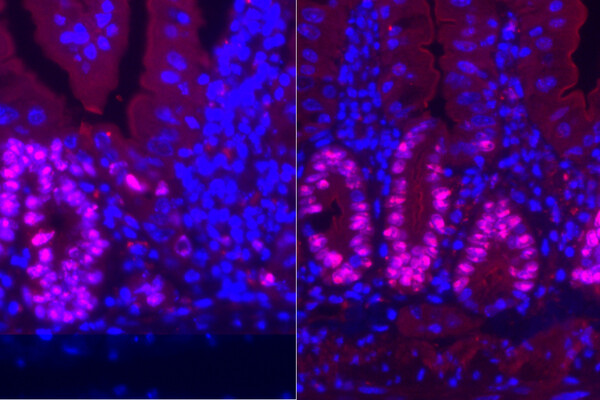11/15
Cancer Research
Stem cell signaling drives mammary gland development and, possibly, breast cancer
A connection between mammary stem cells and macrophages, a type of immune cell, is crucial for mammary gland development, and may also figure into the biology of breast cancer.
With second FDA approval, CAR-T’s transformative power multiplies
After last year’s approval to treat pediatric lymphoma, the latest indication will expand the number of patients that can be treated with personalized cell therapy almost tenfold.
Innovative vaccine offers canine cancer patients a shot at a longer, happier life
Osteosarcoma is the most common bone cancer to affect dogs. It is a painful and aggressive disease. Affecting more than 10,000 dogs annually, predominantly larger breeds, it kills more than 85 percent within two years.
FDA approves CAR T therapy for large B-Cell lymphoma developed at Penn
The nation’s first approved personalized cellular therapy is now available for a second indication.
Healthy T cells have a fighting chance for cell therapy
Patients with chronic lymphocytic leukemia (CLL) who have a healthy amount of T cells prior to treatment (“early memory” T cells) responded positively to CAR T therapy, highlighting a powerful biomarker for successful therapies for that specific type of leukemia.
Carl June named one of TIME Magazine’s Most Influential People
His work on CAR-T cancer treatment was approved by the FDA in 2017, and this year June is celebrated as an influential global pioneer.
How working dogs are sniffing out cancer
A Center for Public Health Initiatives seminar showcased the collaborative research at Penn and the Monell Chemical Senses Center that is working to detect early stage ovarian cancer.
Personalized tumor vaccine shows promise in pilot trial
In a study done at the Perelman School of Medicine, researchers report positive results from a cancer vaccine administered to ovarian cancer patients, and are prepared to move forward with further trials.
A new-to-us anatomical feature may benefit cancer research and other diseases
The “interstitium” may be a shock absorber to many organs and tissues.
Low-calorie diet enhances intestinal regeneration after injury
Dramatic calorie restriction, diets reduced by 40 percent of a normal calorie total, have long been known to extend health span, the duration of disease-free aging, in animal studies, and even to extend life span in most animal species examined.
In the News
Carl June: 2024 will be seen as a breakthrough year for brain cancer
Carl June of the Perelman School of Medicine shares five insights on using CAR T cell therapy to combat cancer, featuring remarks from Bruce Levine.
FULL STORY →
Penn plans to build a proton center for cancer treatment at Presbyterian Medical Center
Penn Medicine will build its fourth proton beam center for cancer treatment at Penn Presbyterian Medical Center in University City.
FULL STORY →
Double mastectomies do not improve breast cancer survival likelihood for most women, study finds
Angela DeMichele of the Perelman School of Medicine says that chemotherapy and hormonal therapies are important for combating breast cancer because they’re designed to kill spreading cells.
FULL STORY →
Breast cancer survival not boosted by double mastectomy, study says
Angela DeMichele of the Perelman School of Medicine comments on a study which found that breast cancer survival is not boosted by a double mastectomy.
FULL STORY →
How did Shannen Doherty die? What to know about ‘90210’ star’s cause of death
According to Penn Medicine, there is no known cure for metastatic breast cancer.
FULL STORY →
New immunotherapy combination could ‘change the landscape’ of cancer treatment
A study by Andy Minn and postdoc Divij Mathew of the Perelman School of Medicine and colleagues found that a combination checkpoint inhibitor therapy benefited patients with lung cancer.
FULL STORY →




